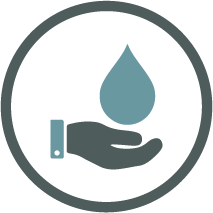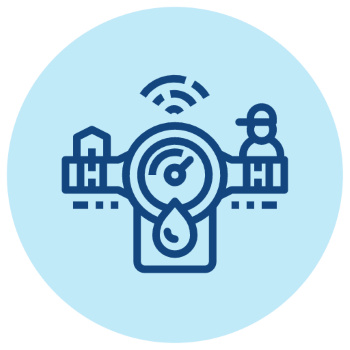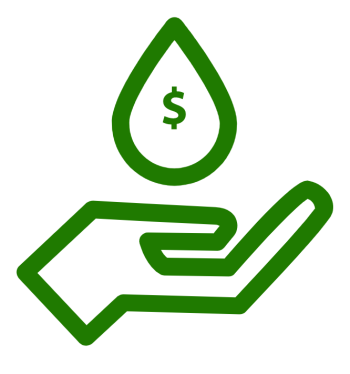Over the past 6 months*, the EFC has continued to investigate how utilities across NC are faring as the ongoing pandemic continues to create a variety of challenges related to revenue and operations. The big picture takeaway is that some things are improving while some things remain the same. Many utilities continue to feel a variety of impacts from COVID-19 on utility revenues and practices, some utilities are transitioning to pre-pandemic billing practices, and some utilities will be providing funds for bill payment assistance to customers who have past due bills.
This week, the EFC is releasing a report, funded by the NC Policy Collaboratory, that details some of the on-going impacts on water and wastewater utilities that have resulted from COVID-19 and the implementation of NC’s Executive Orders 124/142, which prohibited disconnection of residential customers and mandated the establishment of payment plans. As part of its research, the EFC interviewed staff from 16 different utilities and collected survey responses from a total of 34 utilities between August and December 2020. This research included utilities across the state that varied in size from 42-300,000 accounts and which had a wide variety of financial health characteristics.






